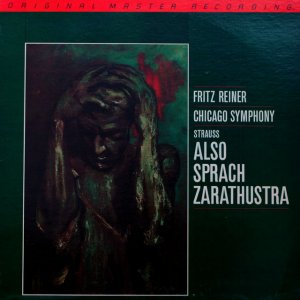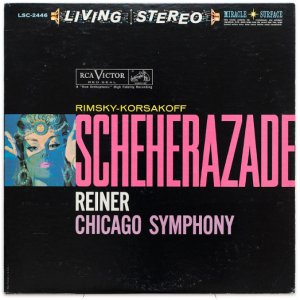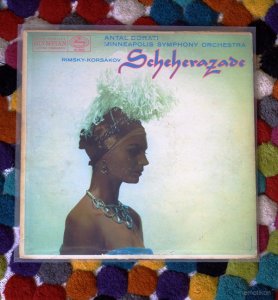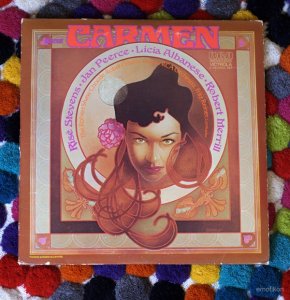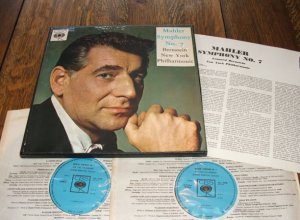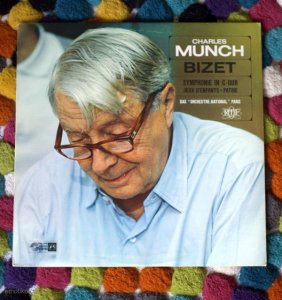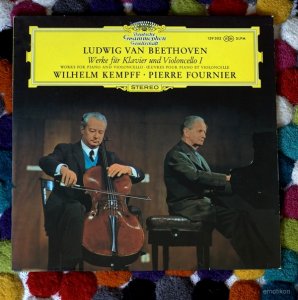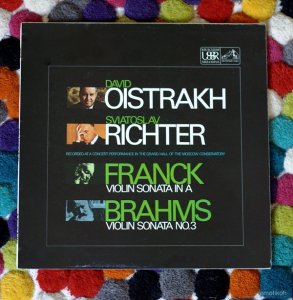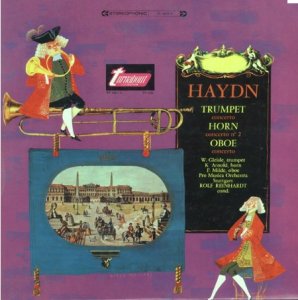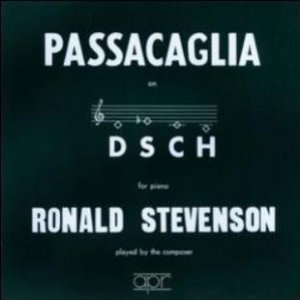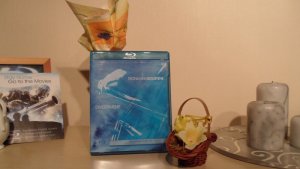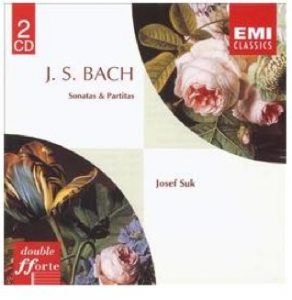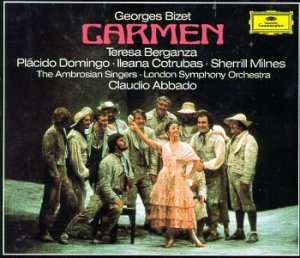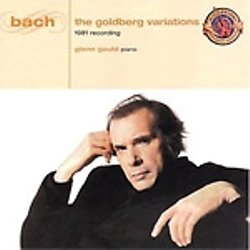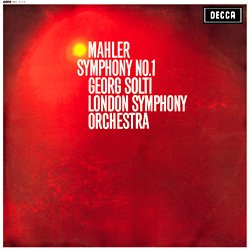Ian MacDonald skriver om hva som er i ferd med å skje i opptaksstudioene. Fra hans bok om The Beatles:
Ian MacDonald's Revolution in the Head:
The driving force behind the modern recording ethos is automation - of signal processing, sequencing, mixing, and instrument-linking (by MIDI, or Musical Instrument Digital Interface). These functions, while convenient, tend to distance artists from the integrity of the material they are building (as does the prolonged, additive nature of the whole recording procedure). It's hard to infuse real feeling into music so synthetically constructed, and correspondingly easy to lose a sense of proportion during a process less akin to traditional live recording than to what's known in the cinema world as 'post-production'. In the absence of technical limits on dynamics and timbre, senses soon become sated and the law of diminishing returns ensures that the medium devours the message. There is a deadly parallel between the post-Star Wars genre of the 'special effects movie', with its bombastic premium on sensory impact, and the onset, in audio production, of the 'big drum sound' during the Eighties, when the faders on channels to drum microphones rose higher every year, habituating listeners to an ever more gargantuan sound-image. Much the same has happened to the sound of the electric guitar, nowadays routinely smothered under a barrage of blazing distortion through which it can be difficult to identify the chords being played. This, in turn, has eliminated the need for anything more than a generalised strum technique, the instrumental craft-skills of yesteryear displaced by a detached knob-twiddling efficiency in the manipulation of samplers and effects units. (pp. 386-387).
Her er det, derimot, gjort et godt opptak - spesielt av trompet og obo-konsertene.



